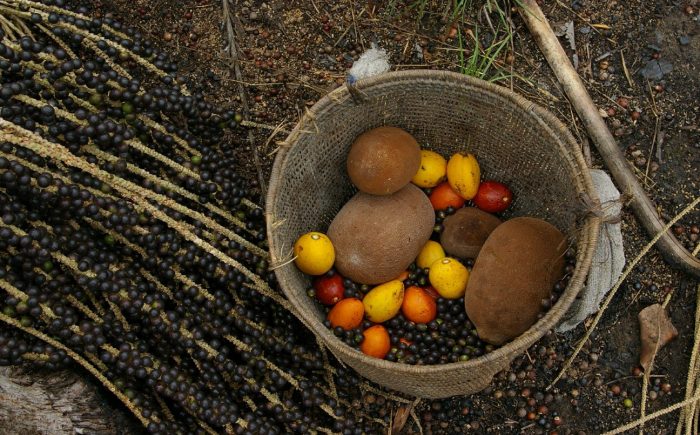Brazil: Production of indigenous communities wins partnership with National Institute
21 de March de 2021

Mencius Melo – From Cenarium Magazine
MANAUS – Valuing the culture of the indigenous communities of Rio Negro, in Amazonas, and also encouraging the sale of food and handicrafts, thus creating income from forest products. This is the objective of a campaign launched by the National Institute of Historic and Artistic Heritage (Iphan), in partnership with traditional communities in Manaus, capital of Amazonas.

The products originate from the Traditional Agricultural System of the Rio Negro (SAT), in Amazonas. The Rio Negro SAT has been registered as Intangible Cultural Heritage since 2010 by Iphan. It brings together 23 indigenous peoples, who have a universe of knowledge and domains about nature, systems and food resources. All access to a material and immaterial culture.
Iphan’s action is a direct response to the dire situation caused by the new coronavirus pandemic in traditional knowledge communities. The Amazon is the region most affected by the pandemic when it comes to indigenous communities. According to the Articulation of Brazil’s Indigenous Peoples (Apib), Manaus (AM) and Boa Vista (RR) are the cities that concentrate the most deaths.
Knowledge set
“It’s important that everyone knows more about the knowledge of indigenous peoples. About the traditional management of natural resources in the fields and the forest that’s behind each piece of handicraft made by producers here of the Upper and Middle Rio Negro region and tributaries”, explained Luciane Mendes Lima, Wariró’s coordinator.
For the articulator of the collective brand of the 23 peoples, initiatives promoted to give visibility to the production of the peoples of the forest have nothing to add. “The ‘Connecting Patrimony’ campaign will contribute to the enhancement of Wariró and Rio Negro producers, as it will give visibility to the knowledge and history behind each object”, summarized Luciana Mendes.

Safeguard
The Iphan’s president, Larissa Peixoto, is an enthusiast of the peoples’ work that integrates the Traditional Agricultural System of Rio Negro. For her, communities represent the richness of the Amazon rainforest and, therefore, their knowledge must be protected and must be the object of safeguarding.
“We promote actions such as the ‘Connecting Patrimony’ because we understand that cultural assets such as the Rio Negro SAT are fundamental to the identity of Brazilians. Therefore, it’s our role to value and preserve them. The indigenous communities of Rio Negro produce more than food and handicrafts, as they carry history and culture in their techniques and knowledge”, he concluded.

